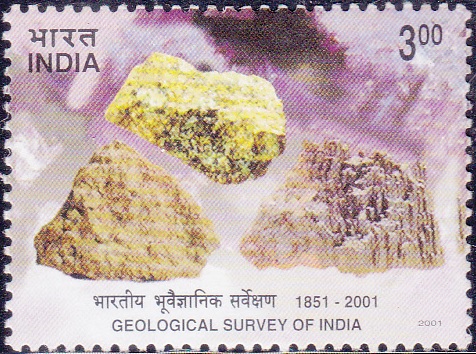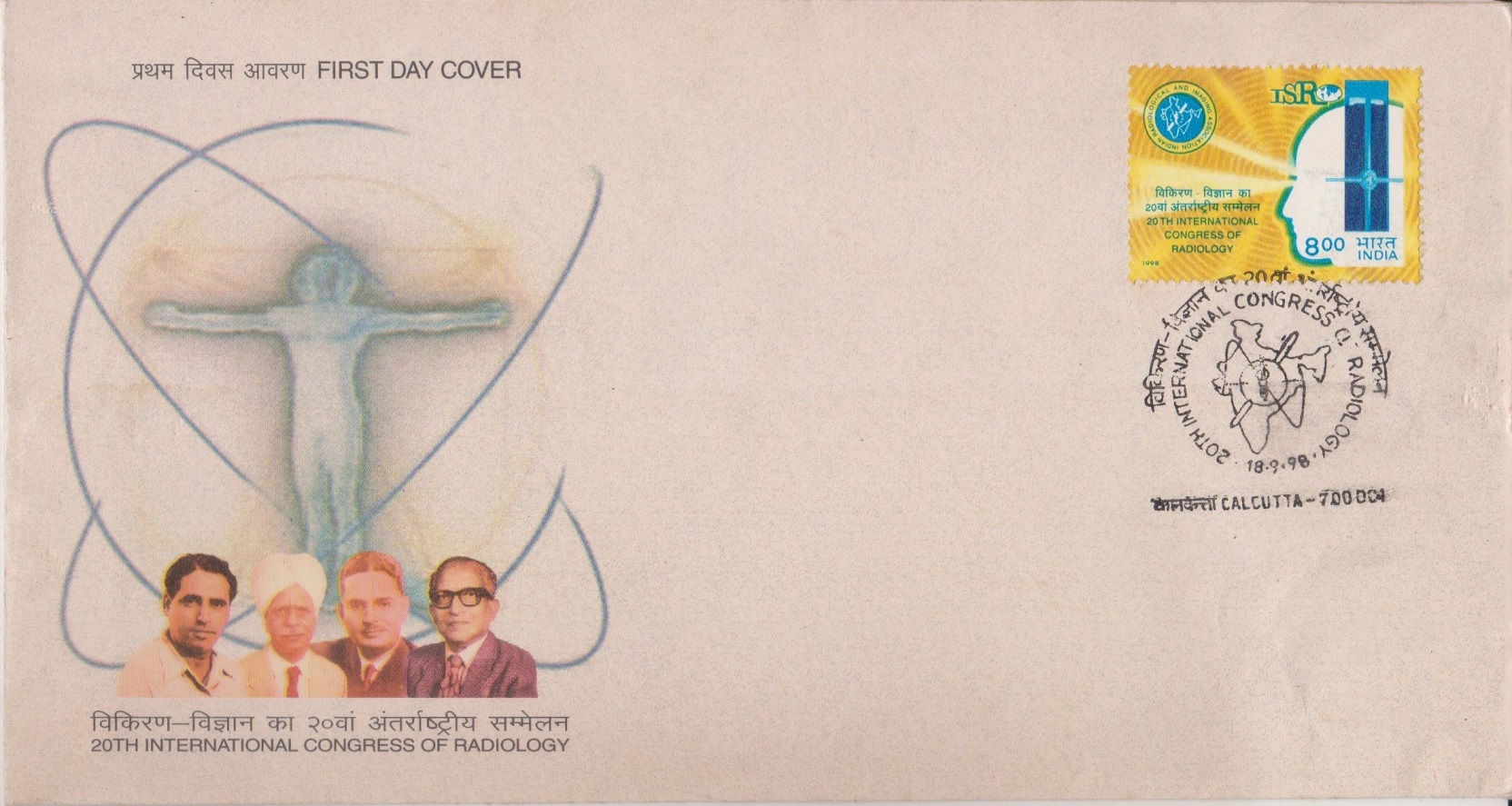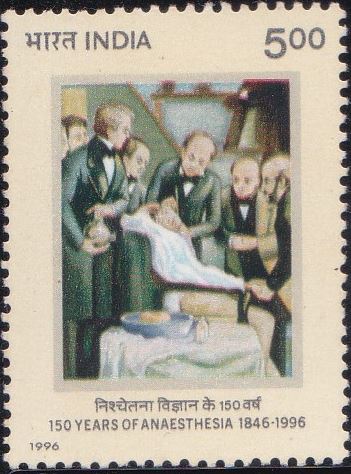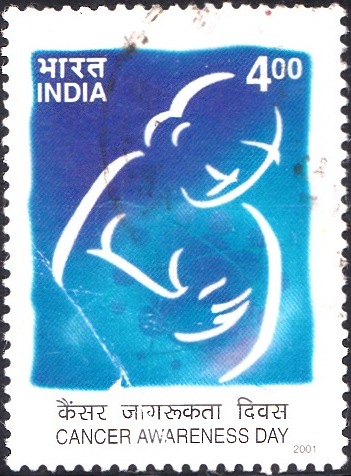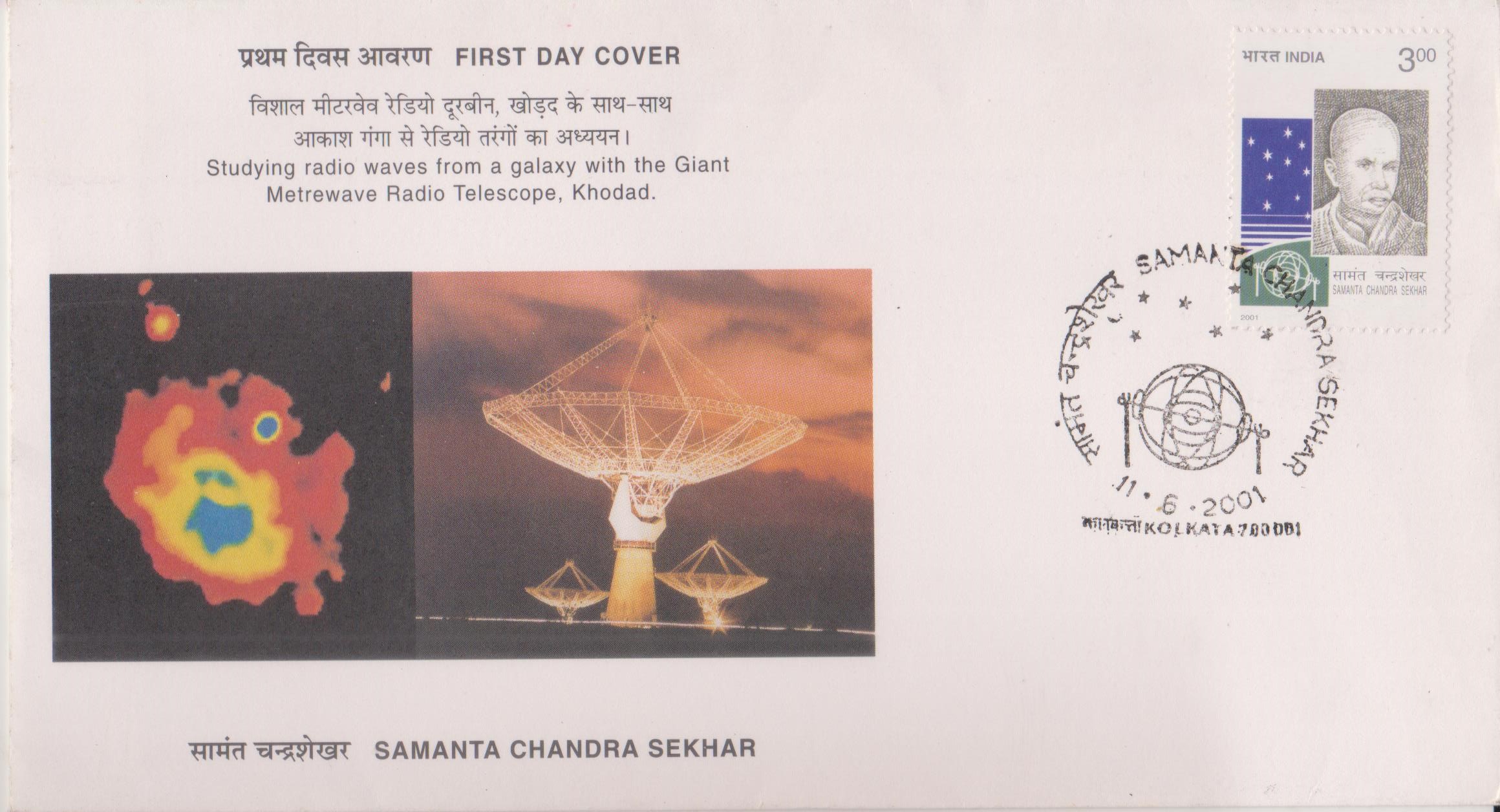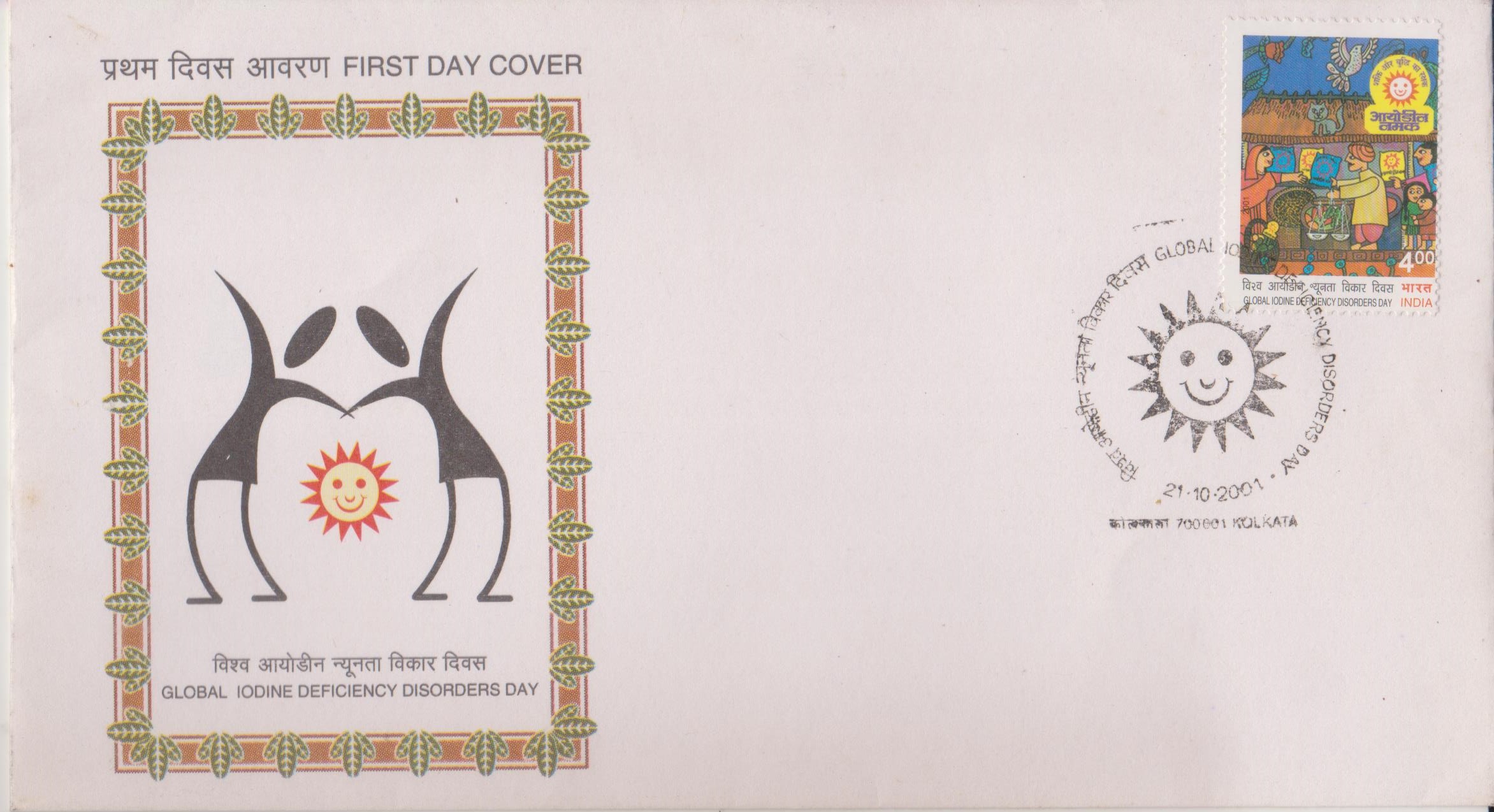
India on Global Iodine Deficiency Disorders Day 2001
A commemorative postage stamp on Global IDD Prevention Day, 21st October :
 Issued by India
Issued by India
Issued on Oct 21, 2001
Issued for : Every year Global Iodine Deficiency Disorders Day is observed on 21st of October to highlight the progress achieved in the elimination of IDD and to identify the problems that remain to be addressed. The Department of Posts is happy to issue a commemorative postage stamp on this occasion.
Design : The design of the First Day Cover is symbolic of the importance of Iodine in maintaining health and well-being of man.
Credits :
Stamp & FDC : Based on material furnished by the sponsors.
Cancellation : Alka Sharma
Type : First Day Cover
Colour : Four Colour
Denomination : 400 Paise
Overall size : 2.90 x 3.91 cms.
Printing size : 2.54 x 3.55 cms.
Perforation : 13 x 13
Paper : Imported un w/m stamp paper
Stamps Printed : 0.4 million
Number per issue sheet : 40
Printing Process : Photo Offset
Printer : Eagle Press Pvt. Ltd.
About :
- The importance of Iodine in the human body and the adverse effects of its deficiency are well known. Just a teaspoon full of iodine taken over the course of entire life span can prevent a spectrum of disorders ranging from goitre to still births and mental retardation, collectively known as Iodine Deficiency Disorders (IDD).
- It has recently come to light that Iodine deficiency is the greatest single cause of preventable mental retardation among children. This has led to a world-wide focus on elimination of hitherto lesser known IDD. It is estimated that world over 1.6 billion people risk physical and mental impairment due to lack of tiny amounts of Iodine in their diet, out of which 500 million are children and about 10% of these cases are from India alone. Iodisation of salt has been found to be the easiest and cheapest method of Iodine supplementation as salt is consumed by all sections of the people. Several developed countries have successfully used this method for elimination of IDD.
- India adopted a policy on Universal Iodisation of edible salt in 1983 following the recommendation of Technical Goitre Review Committee (TGRC), although the programme known as National Goitre Control Programme (NGCP) was in force since 1962 in a limited way. The United Nations Children’s Emergency Fund (UNICEF), which is known for its commitment to the welfare of children, came forward to assist the Government of India in its efforts to achieve the goal of Universal Salt Iodisation (USI). The programme, which was earlier known as NGCP was renamed as National Iodine Deficiency Disorder Control Programme (NIDDCP) in 1992 to shift focus from goitre to other invisible disorders. The programme launched by the Government of India in 1993 in collaboration with UNICEF has succeeded in co-opting the various agencies involved in this industry in the process of USI. As a result of these efforts the production of iodised salt which stagnated around 28 lakhs tonnes in early 90’s has steadily risen to 41 lakh tonnes in 1997, thus providing access to 75% of the population.
- Text : Based on material furnished by the sponsors.


